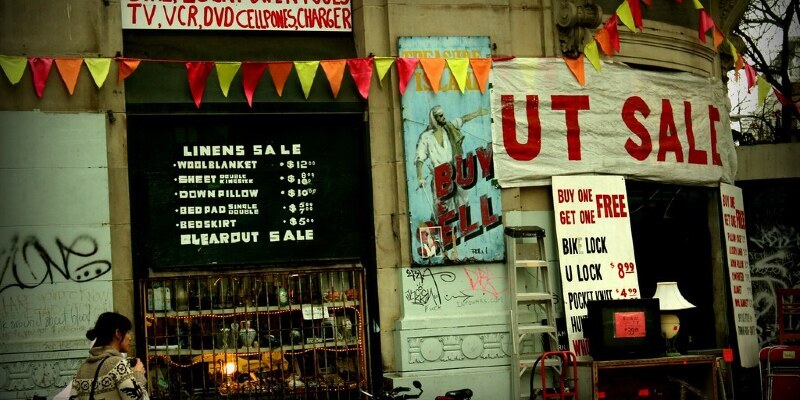Are Foreclosures Negotiable?
- By : Hily1970
- Category : Budgeting Your Project
- Comment : 0

According to the Federal Deposit Insurance Corporation (FDIC), 1 out of every 200 American houses will soon be foreclosed on, with 250,000 new families entering the foreclosure process every 3 months. Even though this is tragic for those whose homes are being foreclosed, it’s also an opportunity for buyers to buy a house for less than market value. Negotiating foreclosures may allow a person to save tens of thousands of dollars and receive a house at a rock-bottom price.
Why Negotiate a Foreclosure
Negotiating on a foreclosure allows a homebuyer to obtain the best possible thing. If he intends to resell the house for a profit, then he may negotiate a low price to get a fixer-upper home, invest in remodeling and modernizing the house, then sell it for a gain once the real estate market strengthens. Keep in mind, however, that investing in a cheap house in a high-crime area isn’t likely to pay off. Purchasing the lowest-cost house in a costly neighborhood may yield greater profits. The lower a purchaser can pay back the foreclosure, and the reduced his monthly mortgage payments will be. Negotiating a lower price also brings houses that were previously prohibitively expensive into a purchaser’s price range.
Why Banks Negotiate Foreclosures
Banks are willing to negotiate foreclosures because they’re losing money on the property once it stays vacant. They want someone to live at the home and to cover the loan. In accordance with Foreclosure Help, banks are so motivated to get foreclosures off their books that they’ll help buyers finance the foreclosure. They’ll provide appraisal information and inspection reports. Banks can negotiate directly with buyers without the assistance of a real estate agent. Since they own the home, banks can set the price for any value they deem acceptable.
Working with a Real Estate Agent
Even though a real estate agent isn’t legally essential to buy a foreclosed home, she can significantly ease the procedure for the purchaser. A real estate agent who manages numerous foreclosures as a buyer’s broker is likely to have the skills necessary to negotiate a good deal with the financial institution. The listing broker may also represent the bank and its own pursuits. For the best deal, a purchaser may prefer a real estate agent who only works for his very best interest, not the lender’s interests. A lender’s listing agents are graded on the number of houses they sell and which agents are selling for the maximum price.
How Much To Give
Banks are free to sell foreclosed homes for any price they deem acceptable, but that does not mean they’ll accept next to nothing for the home. The amount a purchaser offers for a foreclosed property depends on a range of variables. She must find out more about the selling prices for houses in the area over a 6- to 12-month interval and refuse to pay over the median price honorable homes sold for in the previous 6 months. She must also consider the length of time the house was on the market, the status of the foreclosure, and any upgrades or amenities that may affect the value, and also other offers on the home.
Mistakes to Avoid
A frequent mistake buyers make is to demonstrate the bank or listing broker their cards, like how much they’ve been searching for. If a buyer tells the listing agent he was preapproved for $200,000 and is interested in an $180,000 foreclosure, then it’s not likely that the agent or bank will proceed considerably lower than that sum. The lower the price, the lower the real estate broker’s commission and the less money the bank makes. If a purchaser does not do his homework and has not identified other comparable properties, he will not have much to deal with. He needs to be able to walk away from the deal, so his move date must be flexible.